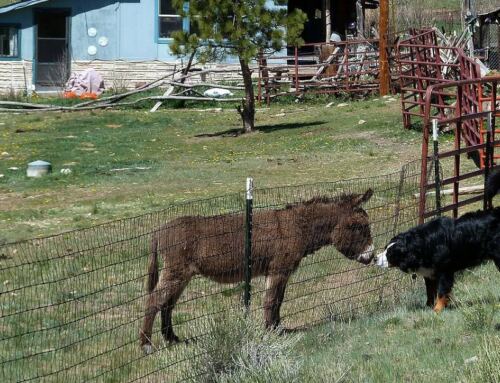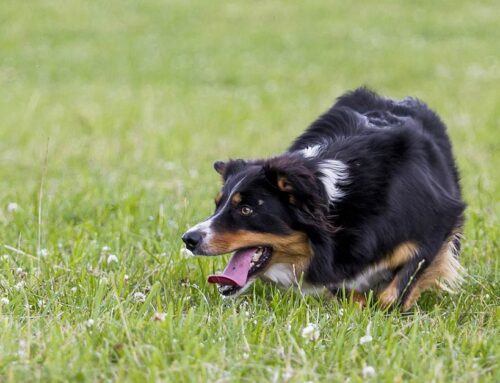 Sound is often the first indication that there might be something in the environment we need to pay attention to. A rustling in the grass or the snapping of branches may indicate a predator sneaking up on us, or maybe it’s something we can pursue as lunch. Either way, sound zips into brains and gets a reaction. The reaction is often a startle, a little jolt that tenses your muscles or a big one accompanied by a gasp or shout. Depending on whether you feel safe in your environment or not, you may become hyper-vigilant about what is going on around you. Alone in a house late at night your head whips toward the sound of a heater turning on, a sound that during the day with your family surrounding you, you’ve stopped even noticing.
Sound is often the first indication that there might be something in the environment we need to pay attention to. A rustling in the grass or the snapping of branches may indicate a predator sneaking up on us, or maybe it’s something we can pursue as lunch. Either way, sound zips into brains and gets a reaction. The reaction is often a startle, a little jolt that tenses your muscles or a big one accompanied by a gasp or shout. Depending on whether you feel safe in your environment or not, you may become hyper-vigilant about what is going on around you. Alone in a house late at night your head whips toward the sound of a heater turning on, a sound that during the day with your family surrounding you, you’ve stopped even noticing.
There is a disturbing number of products and training techniques on the market for pet owners that include using sound to startle a dog into stopping whatever it is they are doing. Owners are encouraged to throw chains or cans full of coins, use the hissing of compressed air to doubly scare dogs with the sound and sensation, into ending a current behavior but cause startling and the preparation for a possible threat. We get the unwanted behavior to stop, but may be creating other more insidious behaviors that will come back to haunt us.
Dogs can become more sensitive to sounds.* Sound sensitivities and noise phobias can contribute to a dog who is afraid to be left on their own, or barks, whines, flees or hides when routine household noises occur. They are chronically stressed and anxious and their nervous system steeps in a soup of neurotransmitters and hormones that perpetuate and increase their reactivity.
It is important to interrupt dogs when they are performing unwanted behaviors, and we can do so without scaring or startling them. Teach your dog their name by giving them a treat after you say it. Do it a lot. Do it enough and they will be like a kid who can’t resist walking into a candy store. They hear their name and look at you, or come to you for a treat. Then you can ask them to do something else- sit, high 5, shake, spin, down, make eye contact, it’s dealer’s choice and you’re the dealer. Your dog will be the winner.
Stop startling.
*Sound sensitivities are considered to be medical emergencies by some vets. Talk to a vet if your dog is sensitive to either routine, or occasional sound events like thunderstorms or fireworks.





